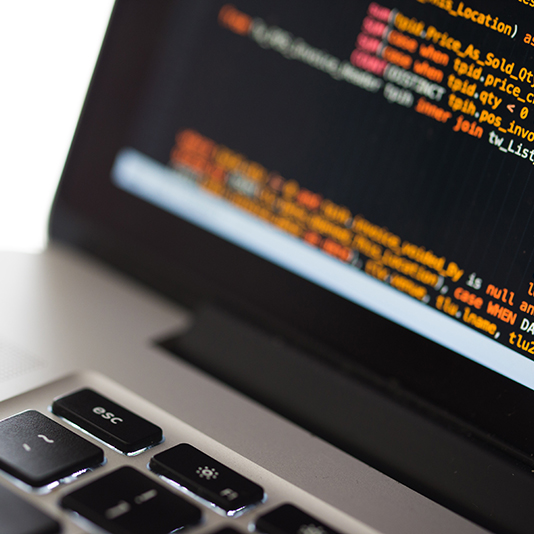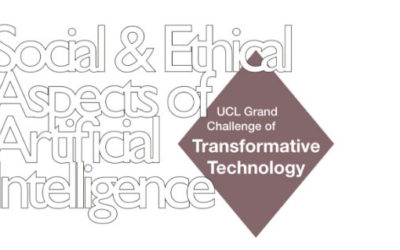Further Reading and Resources:
- Blockchain Applications in the Public Sector.
- Palfreyman, J. (2017, February 1) Blockchain for government: Building trust, Demolishing Bureaucracy. (IBM): IBM Blockchain Blog.
- O’Reilly, T. (2013) Open Data and Algorithmic Regulation. In Goldstein, B. and Dyson, L. (eds.) Beyond Transparency: Open Data and the Future of Civic Innovation.
- Rockwell, M. (2017) BitCongress—Process For Blockchain Voting & Law.
Blockchain Technologies
Blockchain Technologies were developed to underpin digital currency by securing, validating and processing transactional data. Such elements of Blockchain technology, which were conceived initially for Bitcoin, are now recognised to have far-reaching potential in other areas, especially for government. The core technologies are:
Distributed Ledger Technology (DLT) — a decentralised database where transactions are kept in a shared, replicated, synchronised, distributed book-keeping record, which is secured by cryptographic sealing. The critical distinction between ‘distributed ledgers’ and ‘distributed databases’ is that nodes of the distributed ledger cannot/do not trust other nodes—and so must independently verify transactions before applying them.
Smart Contracts — these are the rules, possibly computer programs, that attempt to codify transactions and contracts with the intent that the records managed by the distributed ledger are authoritative for the existence, status and evolution of the underlying legal agreements they represent. Smart contract technology can automate transactions, such as supply chains, and have the potential to automate laws and statutes.
Governments are increasingly launching projects that apply Blockchain technologies to transform regulatory compliance, contract management, identity management and government records. Other potential uses in facilitating elections and direct democracy models are also being discussed and developed.
Related Papers and Publications

Algorithmic Government - The Computer Journal
Paper #02
Paper #03
Paper #03

Next GovTechLab Event
Latest News
Ethics and Digital Policy (UCL STEaPP)
In this blog, Dr Ine Steenmans and Prof Joanna Chataway, from the Department for Science, Technology, Engineering and Public Policy (UCL STEaPP), offer their initial position concerning the discussions at the first UCL Digital Ethics Forum. Dr Ine Steenmans is a...
read moreDigital Ethics Forum (Interdisciplinarity at UCL)
On May 1st, 2019, the initial meeting of the UCL Digital Ethics Forum was held. GovTech Lab’s Dr. Zeynep Engin directed this initiative, with GovTech Lab’s Prof. Philip Treleaven, Dr. Catherine Mulligan (CTO) and Dr. Emre Kazim all in attendance and participating. The...
read moreDr. Catherine Mulligan reports on her attendance at the Nordic-Baltic Security Summit (Estonia, April 2019)
I recently attended the Nordic-Baltic Security Summit in Tallinn, where I presented on two areas that I have been working on for a very long time - Data Supply Chains, blockchain and the security implications of both. I have been growing quite concerned about data...
read more



